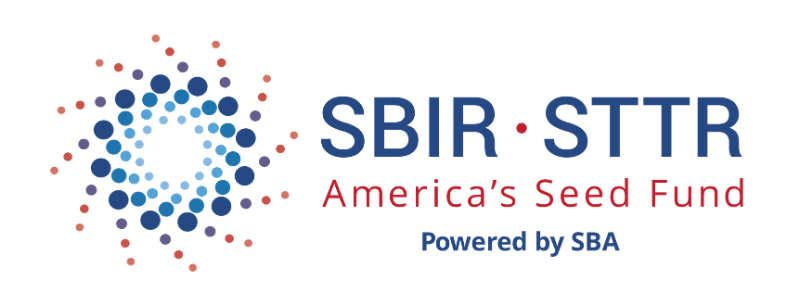Thoughts as “SBIR Week in the South” Concludes
Small, innovative Arkansas companies are developing ground-breaking, world-changing technologies, aided by “America’s Seed Fund.”
Referred to as the country’s seed fund, the federal Small Business Innovation Research and Small Business Technology Transfer programs award funds to small companies to pursue scientific research with commercial potential.
For instance:
- Little Rock’s NuShores Biosciences is developing nanotechnology for bone and tissue regeneration to treat major bone loss. SBIR funding through the National Institutes of Health is supporting the company’s work.
- Since 2012, Ozark Integrated Circuits has won 22 SBIR/STTR awards totaling $9 million. The Fayetteville company specializes in electronics for extreme environmental conditions on earth and in space.
- Clinton ag-tech company SolaRid AR won its first SBIR award this year through the National Science Foundation to develop a “smart” insect control system for farms. The company is advancing the use of artificial intelligence to automate insect counting and identification.
SBIR and STTR advance federal agencies’ research priorities and facilitate new technologies entering the marketplace.

With an annual budget of $4 billion, the sister programs are a unique and vital source of seed capital for small companies during the earliest stages of developing and testing their innovations. Traditional sources of financing aren’t generally an option for small businesses engaged in this type of R&D.
While companies in the state such as Ozark IC, NuShores and SolaRid AR are landing grants and contracts through the programs, Arkansas currently ranks just 36th in the nation in total SBIR/STTR funding.
The Small Business Administration’s Federal and State Technology Partnership, or “FAST,” seeks to increase participation in SBIR/STTR, particularly by women-owned and rural-based small companies.
As a FAST partner, the Arkansas Small Business and Technology Development Center wants to reduce barriers for Arkansas companies new to SBIR/STTR and increase awareness of the federal funding programs. At no cost, the center helps Arkansans explore and respond to SBIR/STTR funding opportunities.
Our clients have won 70 awards worth more than $29 million.
The process is competitive and complex but lucrative.
Phase I awards range from $100,000 to more than $300,000. Phase II awards are worth $300,000 to over $1 million.
Best of all, the awarding agencies don’t take any company ownership or require the money to be repaid. As further incentive, the Arkansas Economic Development Commission offers matching grants for SBIR winners.
In addition to bringing new and needed innovations to the market, SBIR and STTR contribute to the growth of Arkansas’ knowledge-based, technology-driven economy, a priority of Governor Asa Hutchinson.
Arkansas’ small innovation-based businesses and research universities can work together through SBIR/STTR.
For STTR projects, companies are required to partner with nonprofit research institutions such as public universities. For SBIR, they have the option to partner.
The opportunity to collaborate with universities and leverage their researcher talent, high-value equipment, facilities and other resources is attractive to small businesses.
The SBIR and STTR programs provide the foundation and framework for innovative companies to achieve long-term sustainability and create jobs.
Phase I is typically a six- to 12-month proof-of-concept feasibility study. The two-year Phase II performance period involves extensive research and development to achieve commercial-ready solutions.
By the end of Phase II, companies are ready to sell their solutions to customers other than the funding agencies. When these companies enter the market and begin making revenue, they often expand their workforce.
For example, Ozark IC has added 10 new jobs since 2013, when it began having SBIR/STTR success. With no signs of slowing down, the company continues to pursue awards to develop new and often complementary technologies.
NuShores is opening one of the only medical device “clean manufacturing” facilities in Arkansas. The company recently hired a manufacturing manager to oversee the work being performed at their new facility.
A key to success with SBIR/STTR is persistence.
SolaRid AR did, but many companies don’t win on their first try. Odds of winning a Phase I award are 15-20 percent. For Phase II, the odds are between 30 and 55 percent.
Incorporating agency feedback is a way companies can strengthen resubmissions or first-time applications.
Today, Arkansas startup entrepreneurs and established companies are connecting directly with SBIR/STTR decision makers through the “SBIR Week in the South” virtual event.
To find out more about SBIR and STTR opportunities for Arkansas companies, contact me at rctodd@ualr.edu or (501) 831.2584.
You can also apply for ASBTDC’ 2021 Lab2Launch Accelerator.
This multi-week virtual program is for early-stage Arkansas companies seeking a first SBIR/STTR grant or contract. A cohort focused on the National Institutes of Health will begin in January, followed later in the year by one for the Department of Agriculture.
